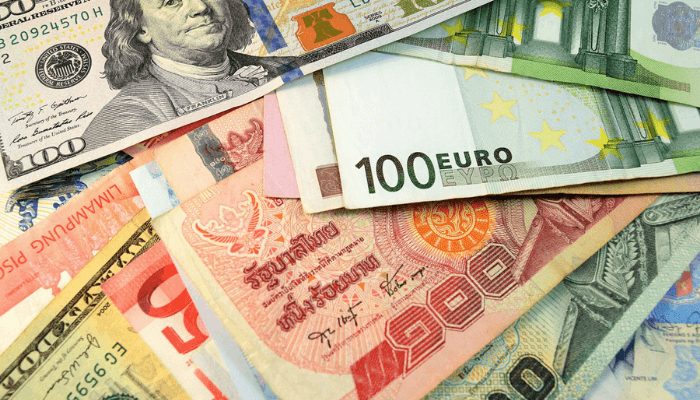Nigeria has reached a financial milestone: the country’s foreign exchange (FX) reserves climbed to $41 billion in mid-August, the highest level seen in four years, according to the Central Bank of Nigeria (CBN). For policymakers, this represents a win for economic stability; for ordinary citizens, it raises a harder question—when will the numbers translate into relief at the market and in their pockets?
The CBN attributes the growth to stronger oil output, higher export revenues, and targeted policy interventions. Economists see it as a sign of renewed investor confidence, the kind of signal that boosts Nigeria’s international credit profile and lowers borrowing costs.
“The strong reserve position enhances Nigeria’s credit profile internationally, potentially leading to improved sovereign ratings and reduced borrowing costs,” said Oluyemi Adeosun, chief economist at BusinessDay. “It creates a virtuous cycle where stronger reserves unlock cheaper financing for critical projects.”
But while the headlines suggest optimism, reality on the streets tells a different story. Despite slowing inflation—down for the fourth month in a row to 21.8% in July—and a steadier naira, Nigerians still face punishing prices for transport, rent, school fees, food, and electricity.
A World Bank Poverty and Equity Brief reveals the stark picture: rural poverty now stands at 76 percent, and nationally, poverty has grown from 40 percent in 2018 to 46 percent in 2023.
For people like Adewole Olakunle, a Lagos-based entrepreneur, the upbeat statistics fall flat.
“Yes, I’ve seen the reports about reserves and inflation,” he said. “But when will that change the cost of transport or power? When will it touch our real lives?”
Experts insist the connection between reserves and living standards is indirect. Healthy FX reserves, they argue, bring stability, attract foreign direct investment (FDI), and protect purchasing power—but the impact takes time and depends heavily on government choices.
Simon Samson, chief economist at ARKK Economics, put it this way: “High reserves mean stability, but they don’t automatically improve living standards. For imported goods, it can prevent price spikes. For the broader economy, it must be combined with sound policies to reduce poverty and drive jobs.”
Economists also note that states could benefit if reduced inflation gives local budgets more spending power. But again, the real impact depends on governance—whether leaders turn stability into better schools, hospitals, and infrastructure.
For now, Nigeria’s $41 billion reserves represent hope on paper. Bridging the gap between that hope and the harsh realities faced by millions will require more than good numbers—it will take deliberate governance, bold policies, and time.
Until then, for many Nigerians, the milestone feels less like progress and more like another statistic that has yet to change their daily grind.

